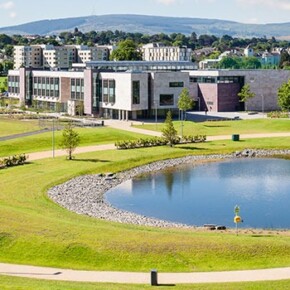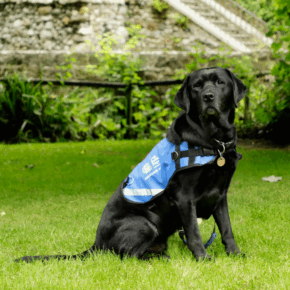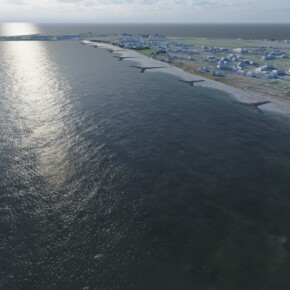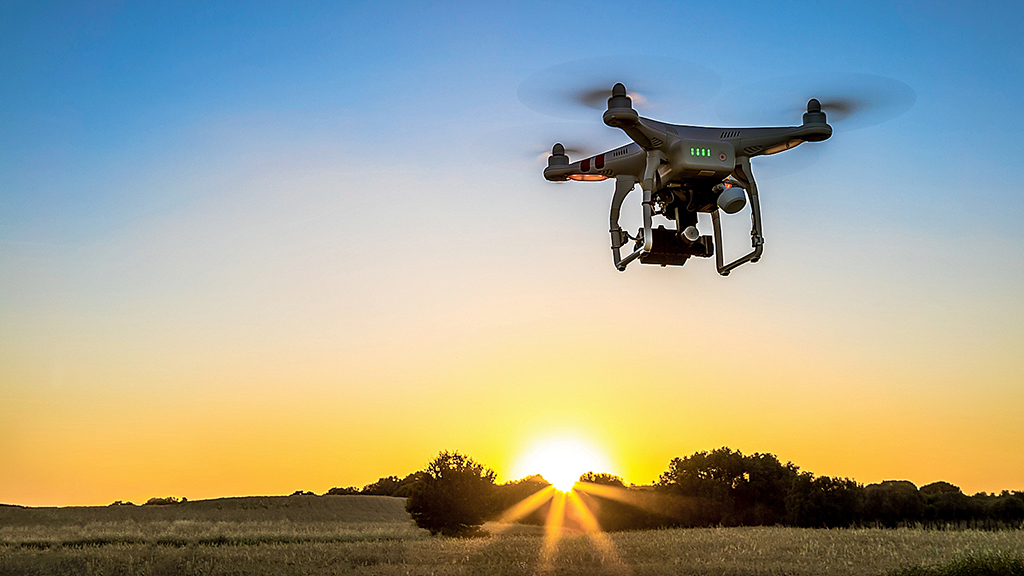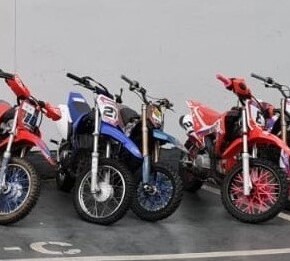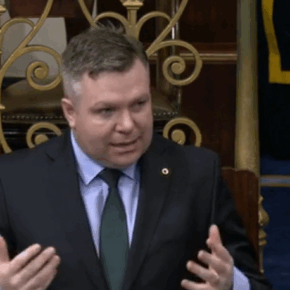The city that doesn’t touch
Dublin People 06 Feb 2015KILLIAN FORDE is a former Dublin city councillor who represented the Donaghmede ward. Here, the GOAL Partnership and Grants Co-ordinator, describes what life is like living in Sierra Leone
I LIVE in Freetown, Sierra Leone, a city that doesn’t touch.
Try it yourself today – try not touch anyone, all day all evening. Try to resist shaking hands at work, or avoiding the warm hug from a friend, the casual arm to guide a companion in the correct direction.
Experience the awkward feeling of suddenly not holding hands with your loved one.
Early evening on Sunday I sat on the seafront at Freetown, watching the sun sink into an Atlantic horizon. The shops, restaurants and bars, by presidential decree under the State of Emergency, had closed an hour earlier.
Dozens of young couples were out walking along the shore, but such is the pervasive caution that none were arm-in-arm, hand-in-hand or kissing.
No presidential decree has said as much, but touch is on hold in Freetown. The police, army or militia don’t need to enforce this no touching policy.
The only analogy I have is the smoking ban – people stopped not because of the legal penalties, but because almost overnight it was socially unacceptable.
In Freetown, to walk hand-in-hand with your lover along the beach marks one out as reckless and selfish, perhaps even a vector.
The way to fight this Ebola plague, by reducing human contact to a cold, logical minimum, has meant that social interaction has become anti-social. Social interaction has been driven into the private sphere.
Tactile affection is expressed behind doors, away from the prying eyes of those ready to judge, tut and gossip.
However, this plague has triggered a sort of hope and solidarity that may well prove to give renewed birth of this young nation. For the first time, old political and military adversaries are now obliged to work in co-operation.
The sheer organisational skills and high-tech resources that have deployed to deal with Ebola are phenomenal. In 2013, pre-Ebola, the country had six beat-up ambulances for the entire country. At last count, the number of ambulances was in the hundreds.
Before Ebola, the health infrastructure in Sierra Leone was either non-existent or collapsing, now the country has some of the most sophisticated medical clinics in the world.
Helicopters criss-cross Freetown day and night, ferrying first-responder teams and transferring patients. Army and police roadblocks are around every corner, checking your temperature for early signs of the disease. This is a city under siege and at war.
Yet the Sierra Leoneans, under a very able joint civilian/military leadership, retain hope. Privately held fears remain just that, private.
The citizens of Freetown mix an effective combination of stoicism and fatalism to ensure that extraordinary discipline, behavioural change and tedious commitment is adhered to.
This is a war with millions of people on the front line. This citizens’ army is equipped only with thermometers, water, chlorine, self-restraint and repetitive focus.
Albert Camus in his allegoric novel the
‘Plague’, said:
“once the faintest stirring of hope became possible, the dominion of plague was ended
? and it’s that very hope that ensures defeat for Ebola is the most likely outcome of this war.
And what an extraordinary coalition has been assembled. On any given day our GOAL team will find themselves working alongside Sierra Leonean nurses, Cuban doctors, British soldiers, Chinese army medical squads, district hereditary chiefs, Kenyan tropical health epidemiologists, virologists from the Centre for Disease Control in the USA and the alphabet soup of letters that is the UN, with their chameleon-like permanent staff chasing down disaster around the globe.
Ebola will be defeated and what will be left is a country that is badly wounded because of its sacrifice. Children have been uneducated for a year, their schools closed in an effort to contain the spread.
The previously impressive economic recovery of the country is in reverse. In less than a year Sierra Leone will have gone from double digit growth to a recession of 20 per cent of GDP.
Roads, energy and communications infrastructure projects across the country stopped months ago, laying off thousands of workers. All retailers and markets are on significantly reduced hours; farmer access to markets is curtailed; entire districts quarantined; travel restricted; cinemas and theatres closed; borders sealed; exports halted; beaches out of bounds; public parks locked; competitive sports postponed; youth clubs shut; taxis off the street by dark. In short, the country has cooperatively ground itself to a halt.
We might well forget that worst-case scenario forecasts have partially come true. Some predictions suggested that Ebola would, for the first time in its 37- year history, arrive into a city.
It happened. It was suggested that from a capital city the fight against Ebola would likely become worldwide. It didn’t.
There were some isolated exceptions – Spain, the US and UK – but Sierra Leoneans, with technical and financial support from the international community have contained the horrifying spread of this disease not just in Freetown, but prevented its existentialist export to the world.
For that we owe them.
Sierra Leone needs a break. It was just finding its feet after a particularly nasty civil war; the well-educated and connected diaspora were returning, investors from Britain, China, Italy and the US were seeing opportunities and spending accordingly.
The Government got tougher with the mining companies on royalties and tax payments, the battered infrastructure was getting some long-overdue attention, tourists were returning to the gorgeous beaches, mobile networks were reliable and providing cheap communications around the country, new private universities from Asia were opening up and political reform was underway. The country was finally getting somewhere.
And then Ebola.
But this doesn’t have to be a knockout blow or a return to the bad old days. If there is any fairness, the international community will recognise the selfless efforts of millions of ordinary Sierra Leoneans have made, the appreciation they deserve and help this promising country get back on its feet and the road to recovery.
In the meantime, we in GOAL will continue to do our bit to help fight this devastating and frightening disease


